Awareness
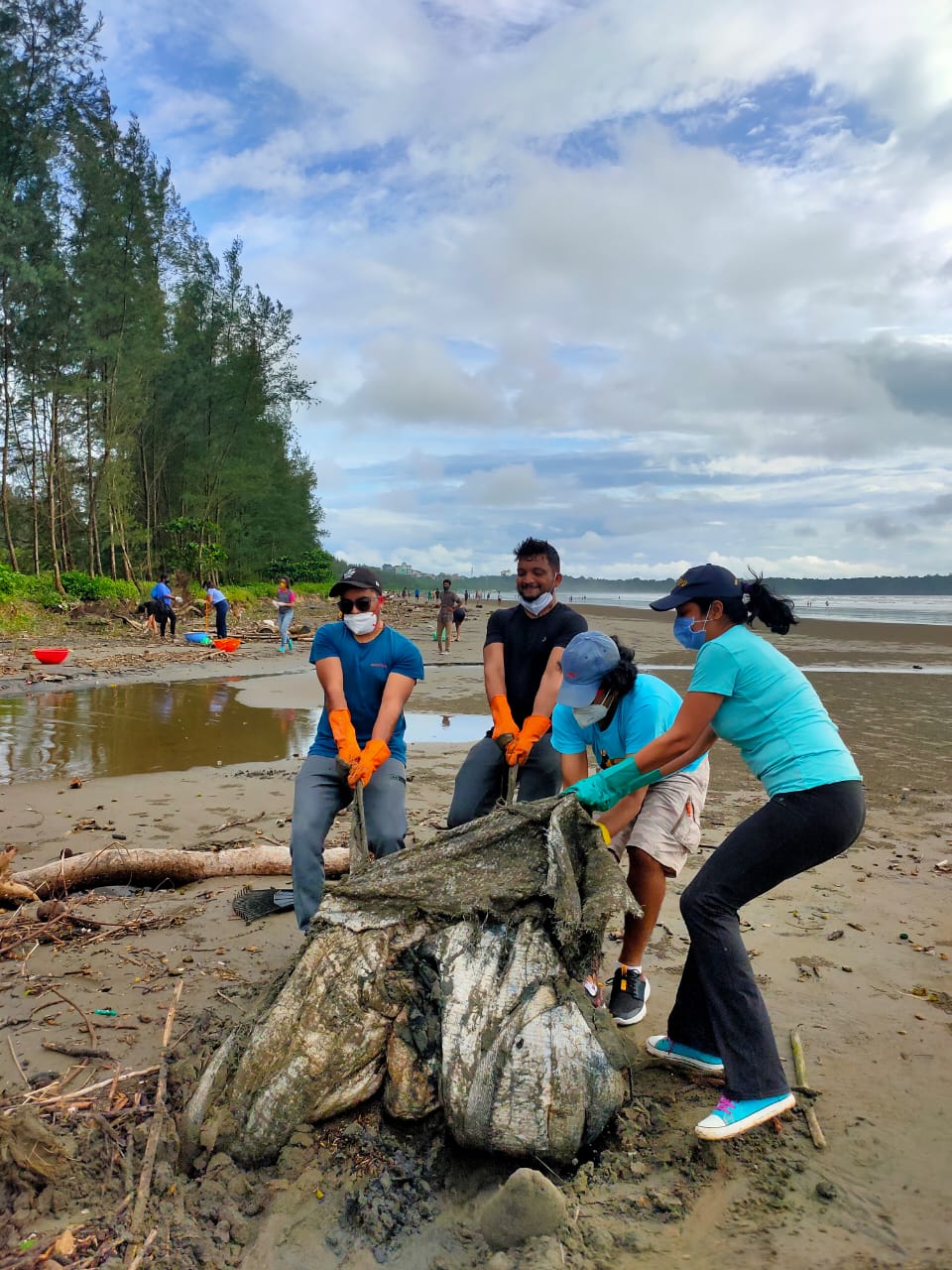
IEC — Information, Education, Communication
Information, Education and Communication (IEC) is a process of working with individuals, communities, societies and policy & decision makers to develop communication strategies to promote positive behaviours which are appropriate to their Culture& Social/Community behaviours. IEC combine all suitable strategies, approaches and methods that enable individuals, families, groups, organisations and communities to play active role in achieving, protecting and sustaining the desired behavioural change.
Information, Education & Communication programs such as CSR campaigns, awareness workshops, Capacity building training, Educational programs.
Public education at Group/Community level
The elements of Group education may be taken as followings:
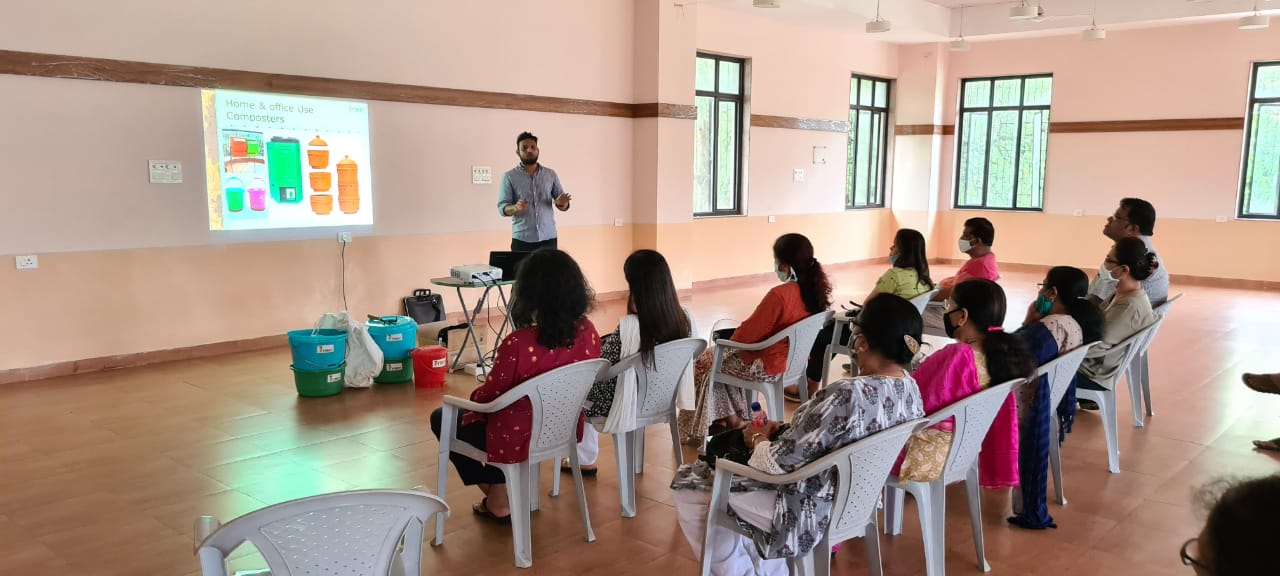
Workshops
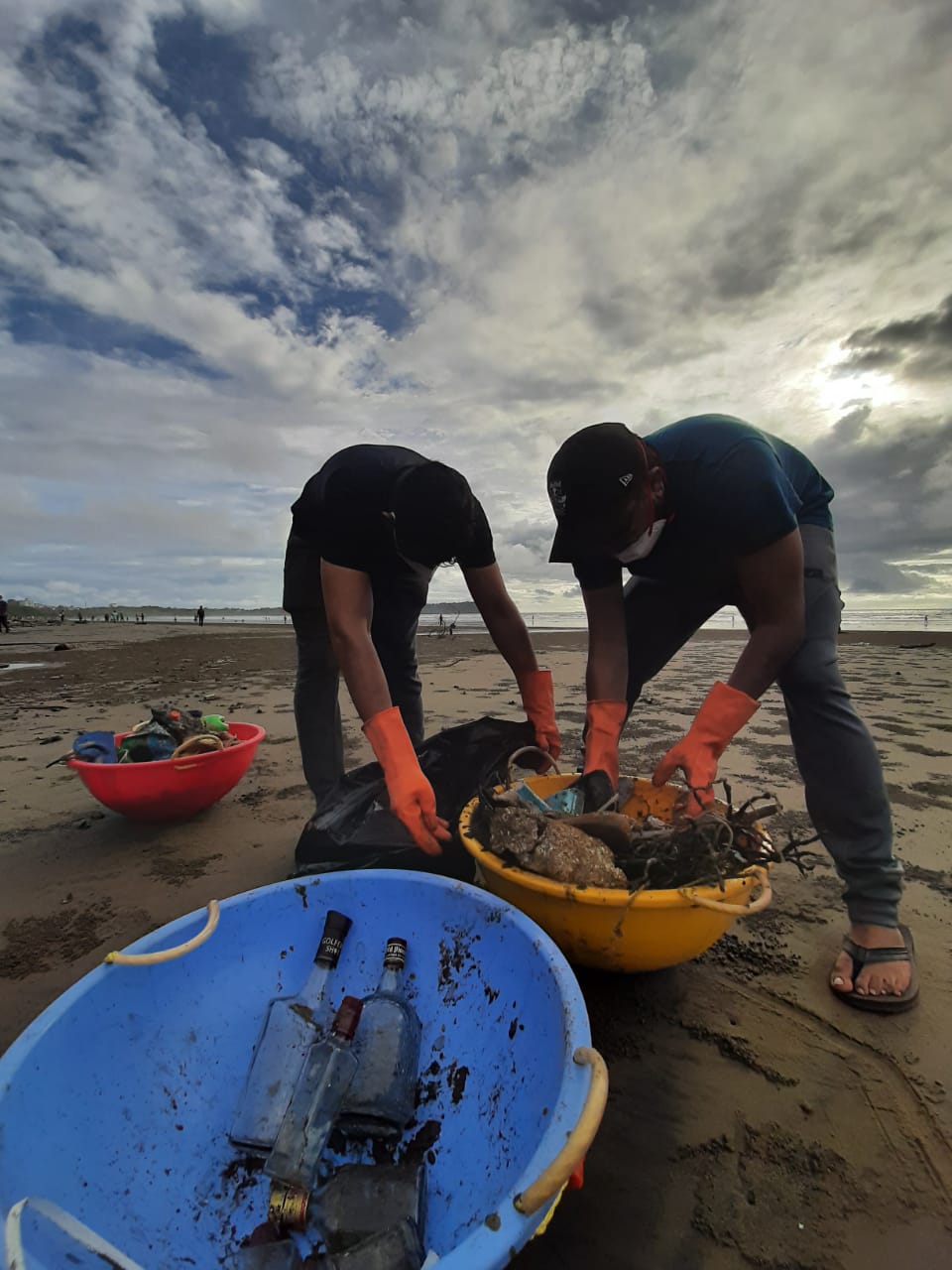
Cleanliness Drives
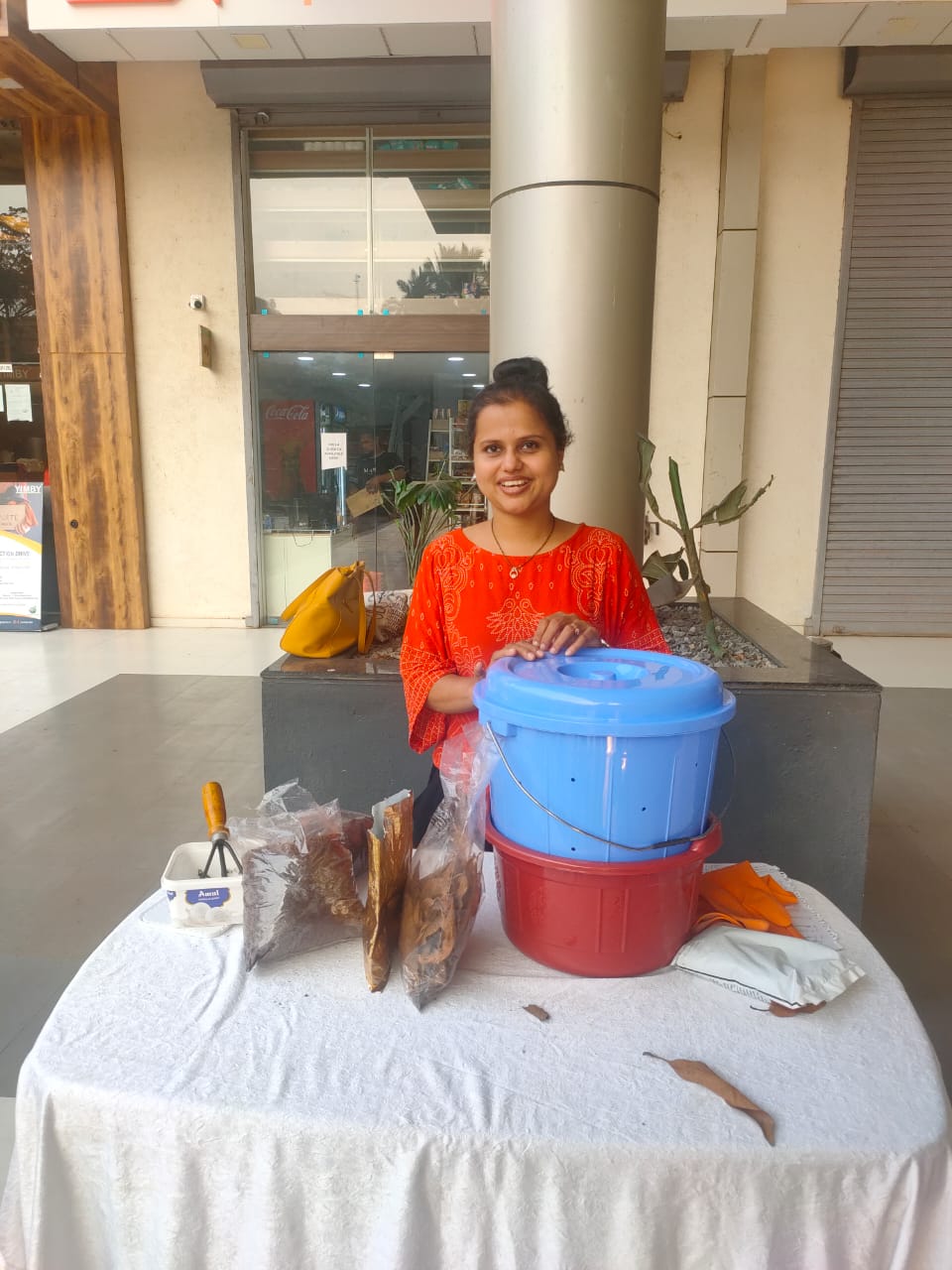
Capacity Building
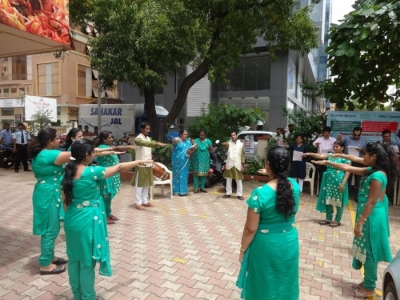
IEC Events
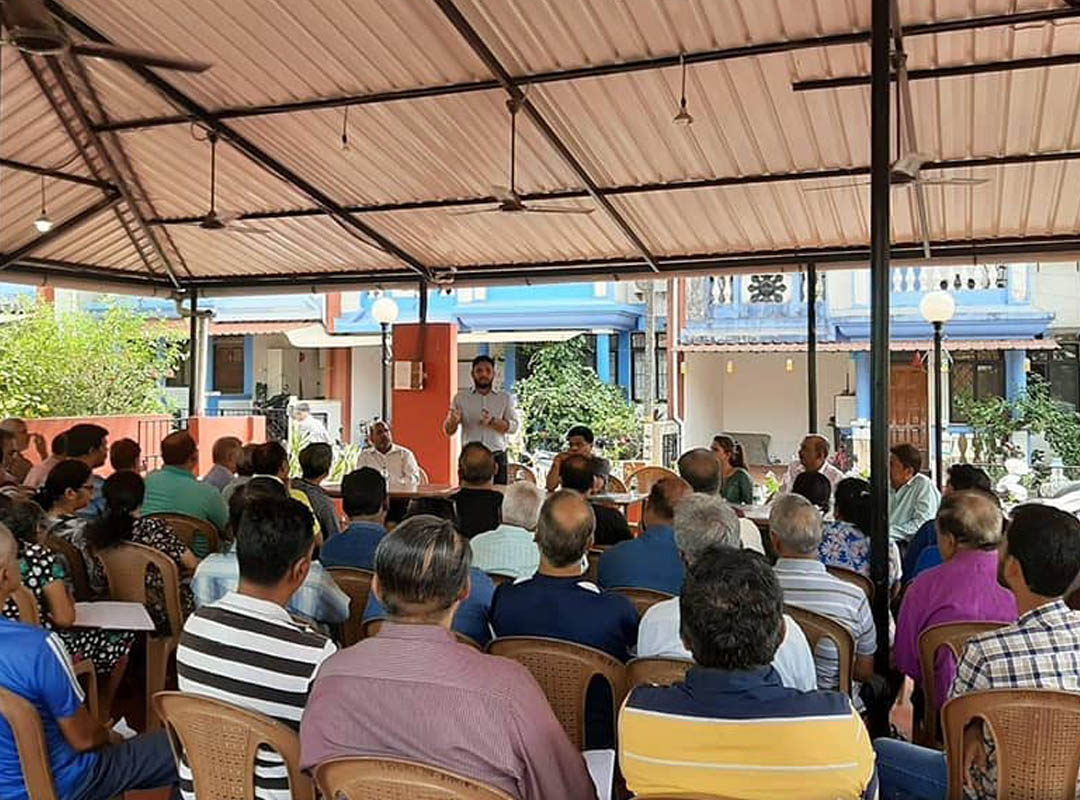
Community Events
Yimby IEC team Specialises in the elements of mass education that may be taken as follows:
- Use of print media, electronic media, Social Media etc.
- Street plays, puppet shows
- Poster, pamphlet, hoardings, use of public transport system
- Use of School children as change agent. Incorporate the SWM into primary school curriculum. Involvement of NCC, NSS, Scouts guide etc.
- Involvement of Religious leader
- Improvement of Medical practitioner to focus on health impacts of solid waste.
- Involvement of Mahila Mandal(MM)/SHGs/Resident Welfare Association (RWA).
Capacity Developments:
Capacity building is defined as the creation of an enabling environment with appropriate policy and legal frameworks, institutional development, including community participation, human resources development and strengthening of managerial systems. It is a long-term, continuing process, in which all stakeholders participate. However, capacity building often refers to assistance that is provided to develop a certain skill or competence, or for general upgrading of performance ability.
Capacity Building is much more than training and includes the following:
- Training — Strengthening organisation’s and community’s need for the skills, instincts, abilities, processes and resources that organisations/community need to survive & sustain.
- Human Resource Development (HRD) — The process of equipping individuals with the understanding, skills and access to information, knowledge and training that enables them to perform effectively.
- Organisational Development (OD) — The elaboration of management structures, processes and procedures, not only within organisations but also the management of relationships between the different organisations and sectors (public, private and community).
